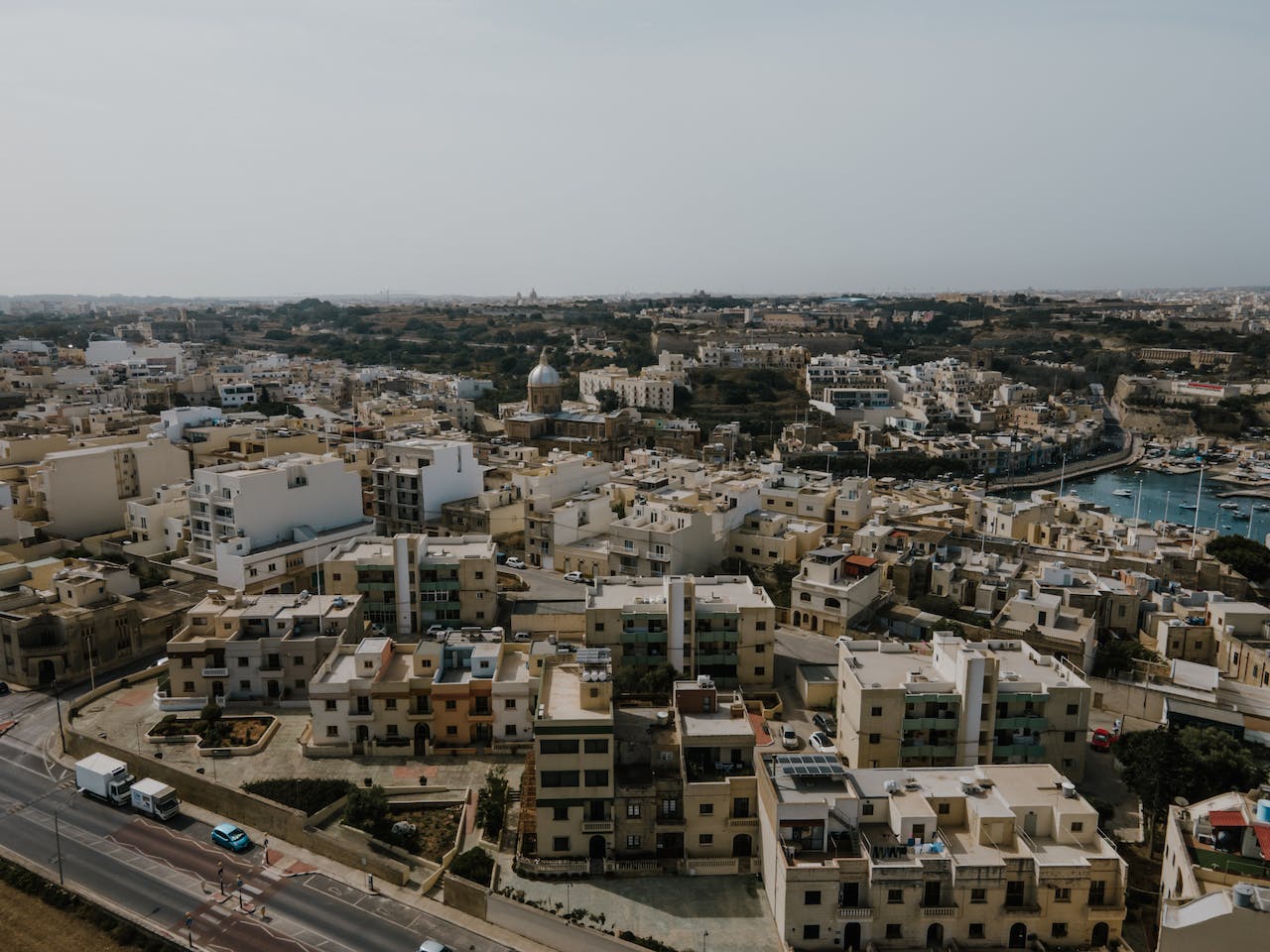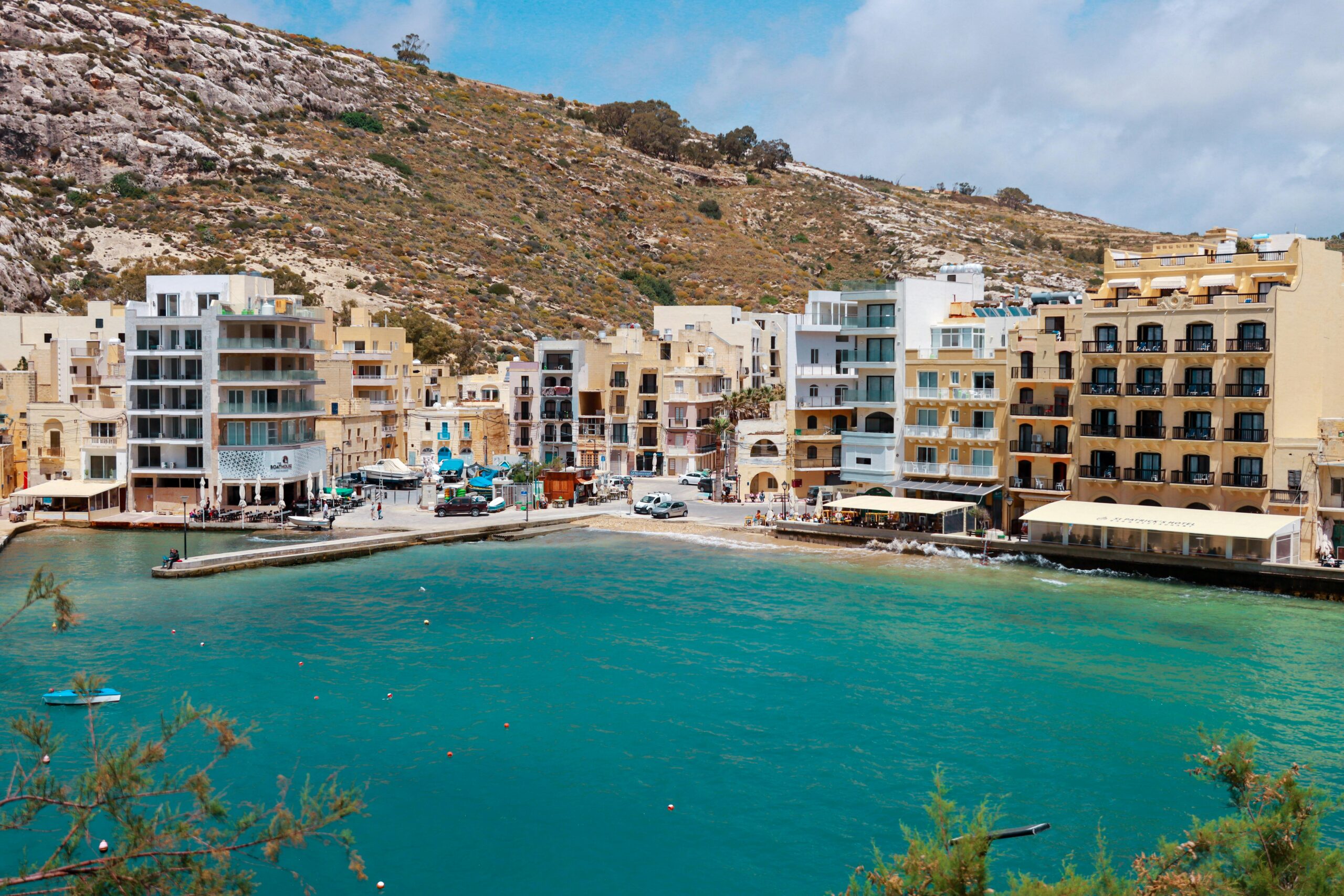The market for used car imports from the UK is at risk of collapse as import costs have soared in the wake of Brexit, with no imports yet arriving to Maltese shores in 2021, industry insiders say.
The price of used cars will increase by 24 to 30 per cent thanks to additional charges on imports, which may make the sector uncompetitive, putting at risk thousand of jobs.
New charges include documentation fees, VAT and customs duties, which put into question the feasibility of the industry.
These issues have brought UK car imports to a standstill as importers are scrambling to determine the viability of their business model.
Malta, like Cyprus, depends on the UK for most car imports since all three countries use right-hand drive vehicles, as opposed to the rest of Europe.
“Brexit took four years to be concluded, and no one thought of the impact on this sector. No one pushed for Maltese interests throughout the whole long negotiating process. The EU didn’t care about Malta, nor did our politicians,” said one industry source.
The source explained how a used car from the UK imported into Malta is now subject to a 10 per cent duty paid on the cost of the car plus freight, with VAT then charged on the total cost of the car, the freight, and the duty combined.
A car manufactured in Germany in 2016 and imported into the UK the same year would have been subject to VAT, but when resold to Malta is once again subject to VAT.
The sector has an impact on many others. Existing costs include those to currency exchange houses or banks to convert euro to pounds and the fees levied by hauliers and shipping companies.
On arrival to Malta, a used car needs to requires a service and may need to be sprayed and have any dents removed, generating work for mechanics, sprayers and panel beaters.
It also needs to go through a VRT, and the documentation required creates work for administration clerks and others. Finally, the car needs to be insured.
Added to these costs there are now charges levied by the Valletta Grand Terminal and the Customs House, as each individual car needs to be cleared by a customs official.
Importantly, there is also now a 10 per cent duty payable on such imports, charged on the cost of the car and freight combined.
The Government also generates millions from the registration fee, which can cost thousands for each car.
A 2016 Toyota Yaris with a 40,000 km mileage costs €1,132 in registration fees, while a 2017 BMW X3 with the same mileage costs €8,183. At the high end of the spectrum, a 2004 Ferrari 360, again with the same mileage, costs €136,702 to register in Malta.
These fees are levied regardless of the CO2 emissions of the car or its valuation, with the registration fee for the Ferrari being several times its actual purchase price.
Just over 11,000 used cars were newly registered in Malta in 2019 according to NSO statistics. Taking a conservative estimate of €4,000 in registration fees per vehicle, the Government brought in €44 million from this source alone.
The situation may be compared to that of Cyprus, which also drives on the left side of the road and is therefore similarly dependent on the UK used car market. However, registration fees there only cost a flat €150 fee.
These additional fees have thrown the sector into disarray, with no used cars from the UK yet arriving to Maltese shores, according to one industry source, who raised the issue of the outsized impact this can have on Government finances.
The effect of these changes in the medium to long term remains to be seen, but for now, the situation remains one of uncertainty.
db Foundation raises €8,419 for Karl Vella Foundation with MasterChef Malta Charity Dinner
These events form part of the db Foundation's ongoing commitment to supporting vulnerable members of society through impactful initiatives
Residential property prices rise by 5.7% in first quarter of 2025
The new figures show continued growth in Malta’s property sector
Youth4Entrepreneurship Gozo 2025: Youth invited to propose innovative digital solutions
The initiative aims to empower youth to become active contributors to Gozo’s development by addressing local challenges






